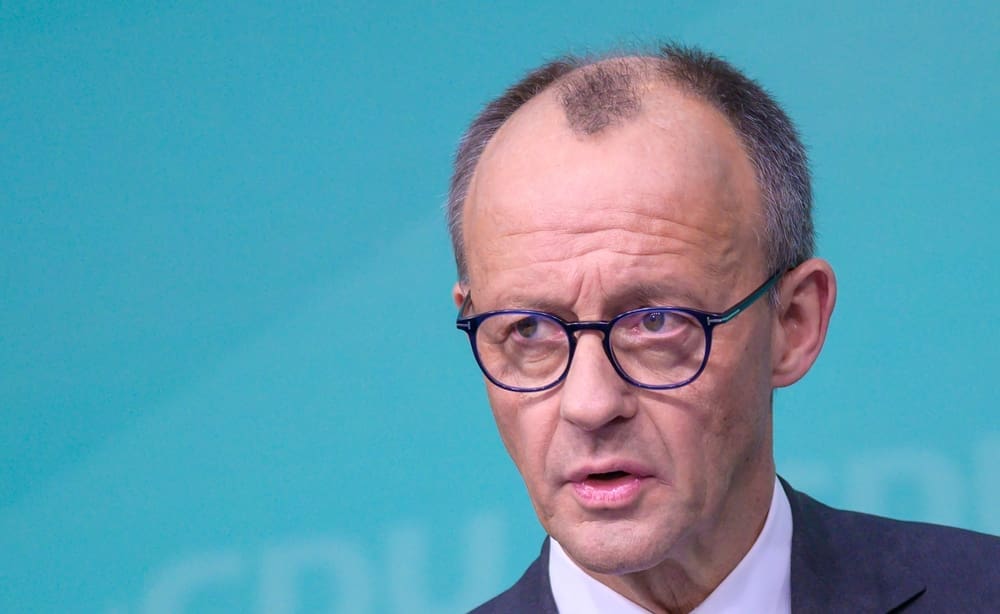Speculation surrounds Friedrich Merz, the anticipated German Chancellor, regarding his popularity within Germany compared to Brussels. Questions arise about whether he has conceded excessive influence to the Social Democrats. Radio Schuman, in collaboration with Euronews German correspondent Liv Stroud, delves into these issues.
Merz has put forward a proposal for a constitutional amendment aimed at increasing government spending on infrastructure and military endeavors. His stance, coupled with a more restrained approach to migration and conscription outlined in the coalition agreement, has sparked discontent among some members of his party.
In addition to this political discourse, Radio Schuman presents the latest European Union report on climate change, alongside a segment on unusual items discovered in lost luggage.
Radio Schuman is produced and hosted by Maïa de la Baume, with journalist and production assistance from Eleonora Vasques. Audio editing is managed by David Brodheim, and music is provided by Alexandre Jas.
The Evolving Landscape
The proposed constitutional change by Friedrich Merz to enhance government spending on infrastructure and military could have significant implications for Germany’s economic and political landscape. Increased investment in these areas may lead to improved public services and national security, potentially benefiting the general populace by bolstering infrastructure and defense capabilities.
However, Merz’s cautious approach to migration and conscription may elicit mixed reactions. Some citizens might view these measures as necessary for maintaining social cohesion and security, while others could perceive them as restrictive, potentially affecting Germany’s cultural diversity and openness. As the situation unfolds, the balance between economic development and social policies will be crucial in shaping public opinion and Germany’s future trajectory.














